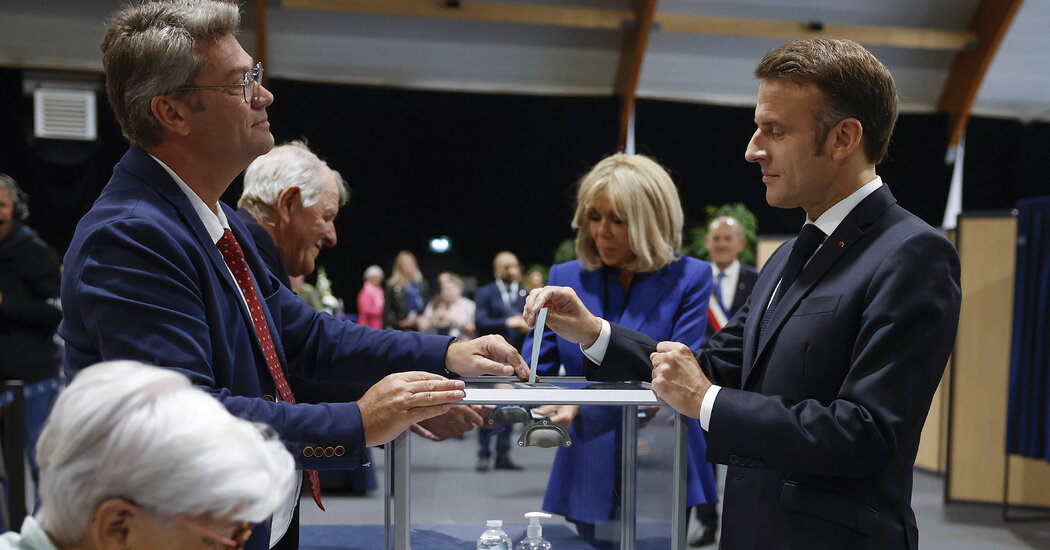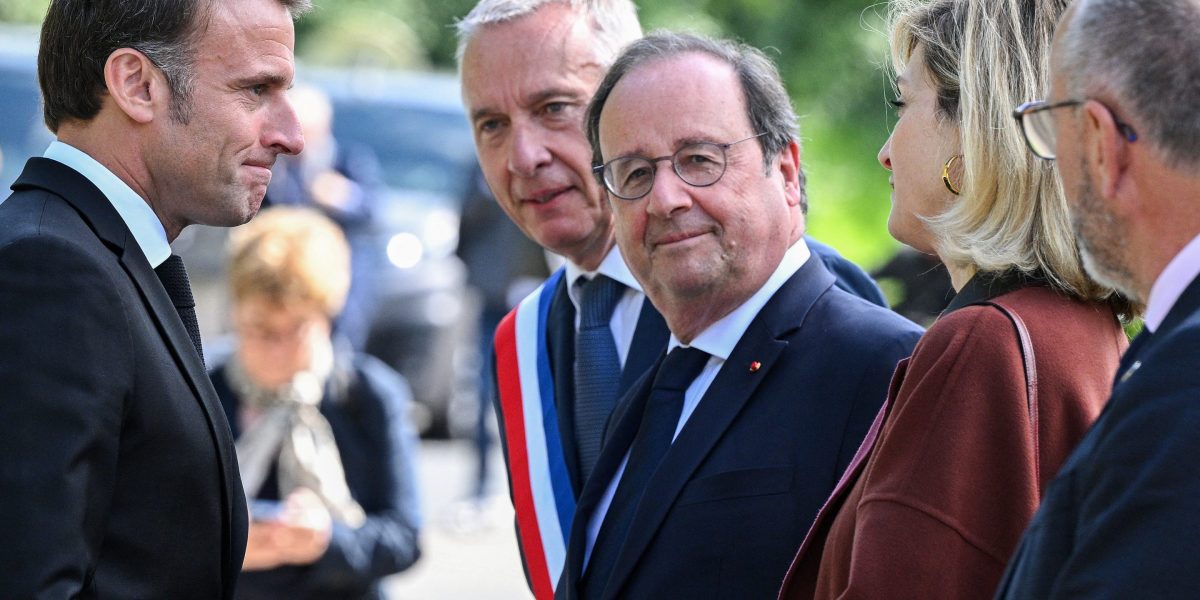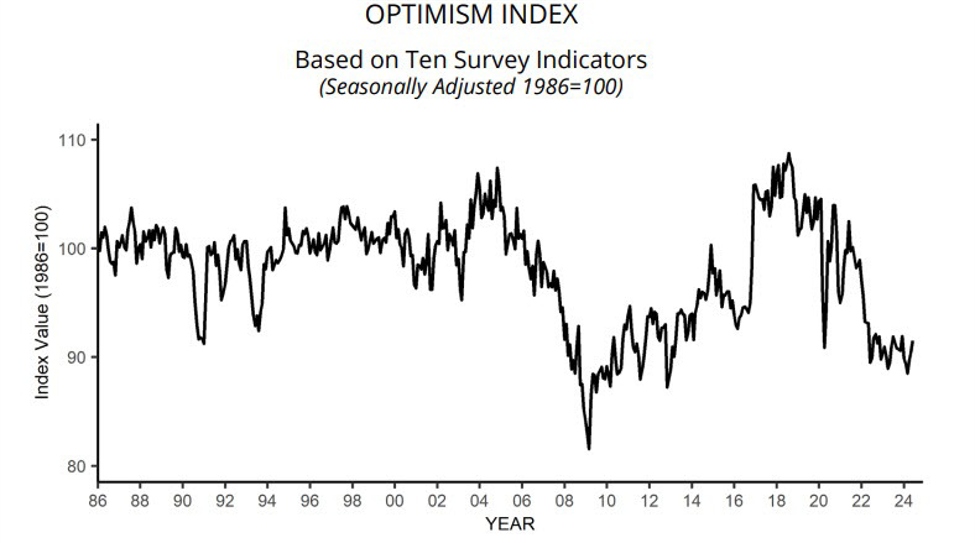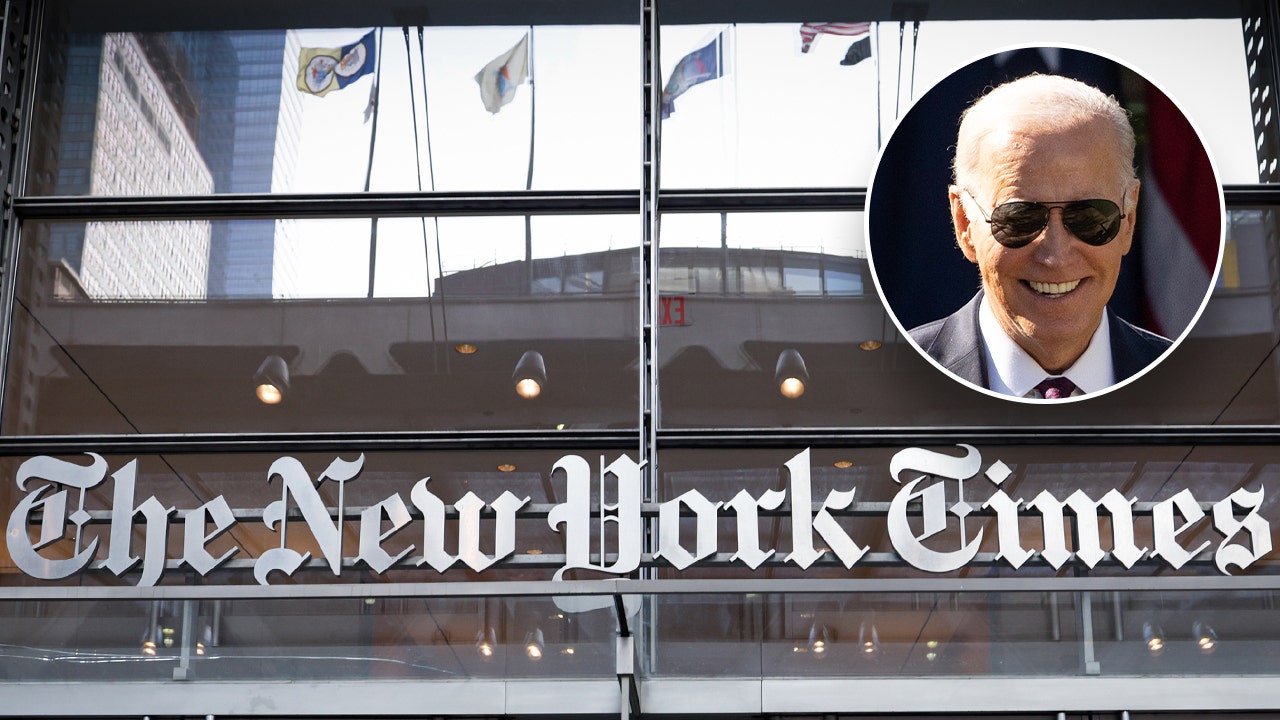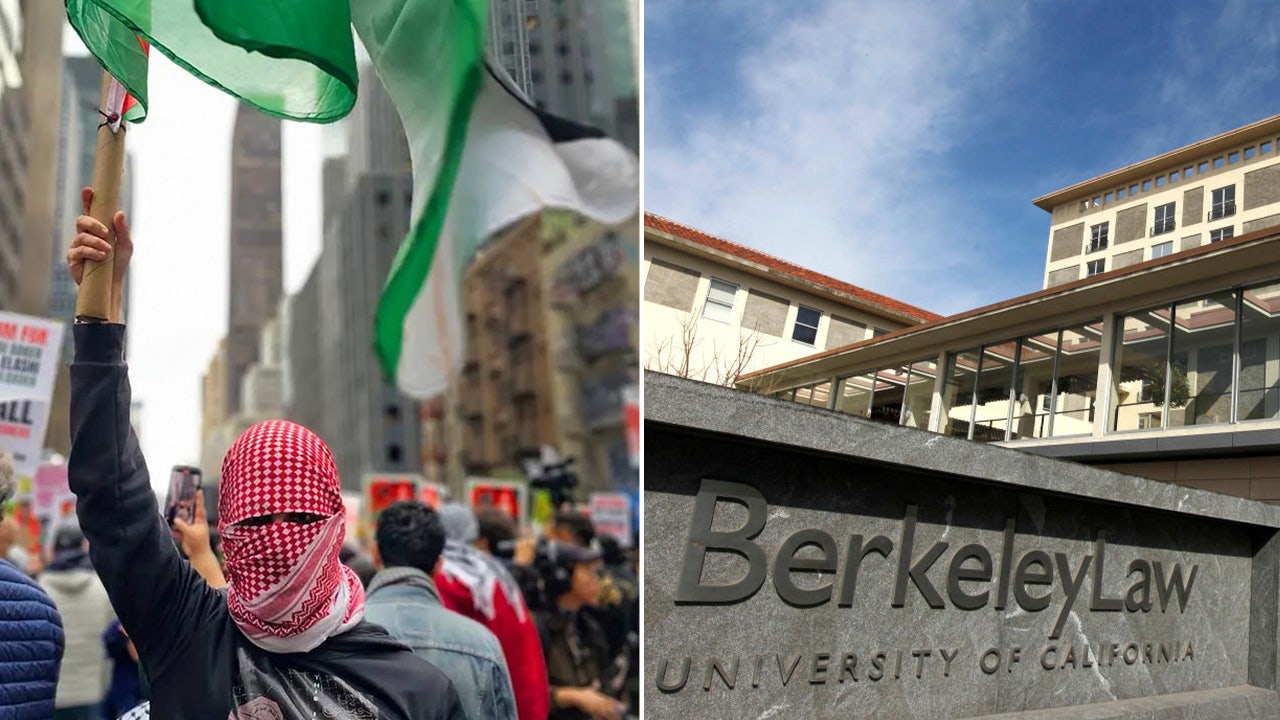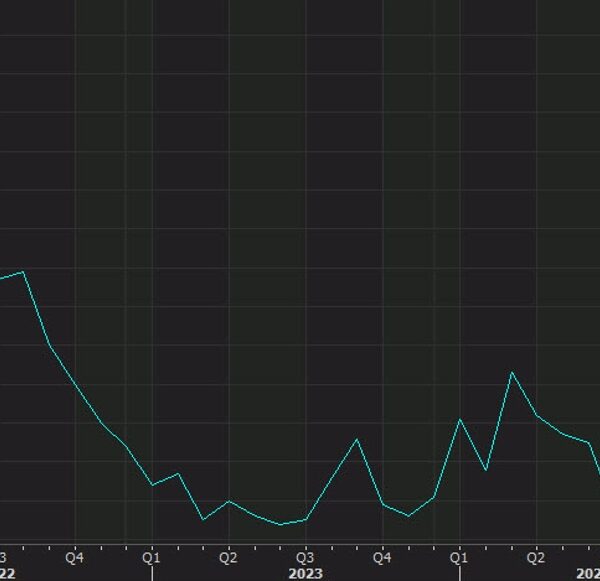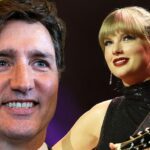One thing was clear after France’s surprise election results on Sunday: Any new government formed by President Emmanuel Macron would face months of political paralysis. What’s less certain is whether that gridlock will tip France’s heavily indebted economy further into distress.
The turmoil has focused attention back on France’s ballooning €3 trillion debt and a deficit that has grown to more than 5 percent of economic output, and immediately prompted a warning on Monday from the Standard & Poor’s ratings agency over France’s sovereign debt rating.
“Uncertainty hangs over France’s future government architecture,” said the agency, which had already downgraded France’s debt rating on May 31, rattling the government, whose economic credibility has been one of its main political assets. Should the polarization of France’s new Parliament weaken the government’s ability to mend its finances, France’s debt could be downgraded again, it added.
France is facing uncharted territory after left-wing parties surged unexpectedly in nationwide legislative elections, eclipsing the nationalist, anti-immigration National Rally party to secure the most seats in the lower house of Parliament. The result left no party — including Mr. Macron’s centrist coalition — with a majority and has splintered the lower house of Parliament into three bitterly antagonistic blocs.
The French economy was already in a rough patch. Unemployment, which fell last year to a 15-year low of 7 percent, has ticked back up as manufacturers curb production and exports slow. Consumers, weary from persistent inflation, had also cut spending, a key driver of growth.
Mr. Macron’s government recently warned that growth would be weaker than expected this year as it looked to cut spending by more than 20 billion euros (about $21.5 billion). The European Union reprimanded France late last month for breaching fiscal rules that restrict spending and borrowing. France’s debt has climbed to more than 110 percent of economic output, and it has a deep budget deficit after the government spent heavily to shield consumers and businesses from pandemic lockdowns and high energy prices.
Mr. Macron’s opponents on the right and the left seized on the debt to assail him during their campaigns. But the major parties are in no mood to reach consensus, and investors are worried that the new Parliament will fail to pass a budget in the autumn that is needed to approve major spending cuts and avoid the risk of further downgrades to France’s sovereign debt.
“Once the dust has settled, the deadlock of a hung Parliament will prove more damaging than first implied,” Alex Everett, investment manager at Abrdn, a London-based investment company, wrote in a note to clients. “France’s budget problems have not disappeared. Macron’s attempt to force unity has instead fueled yet more discord.”
Investors had already driven up the government’s borrowing costs amid skepticism about France’s ability to improve its finances. The danger is that France’s debt grows even larger, which could lead to a faster rise in interest payments.
Complicating the picture is the left-wing alliance, the New Popular Front, which on Sunday won the most seats in the lower house of Parliament. The party, a bloc that includes Communist, Green and Socialist lawmakers, is pushing a heavy “tax the rich and spread the wealth” agenda inspired by the far-left France Unbowed party, and has said it is ready to flout European Union fiscal rules if necessary to carry out its platform.
Indeed, unless the government raises taxes on businesses and the rich, the leftist bloc is likely to reject a national budget that honors France’s pledge to Brussels and debt ratings agencies to cut the deficit next year to 4.4 percent of gross domestic product, from 5.1 percent, Mujtaba Rahman, the managing Europe director for the Eurasia Group, wrote in an analysis. The group will also seek more spending on education and health care and possibly push to increase France’s minimum wage, he said.
But the leftists, while emboldened, will lack overall control, so their agenda has little prospect of approval. That has eased fears among some investors about the economic cost of the New Popular Front’s spending program. The estimated cost would be as high as €187 billion annually, a total that would be supported by up to €150 billion in increased taxes for businesses and wealthy individuals, and scrapping a variety of corporate tax breaks.
“A hung Parliament is likely the best solution for European equities,” said Claudia Panseri, chief investment officer for France at UBS Global Wealth Management.
On Monday Mr. Macron’s finance minister, Bruno Le Maire, warned in a post on X that the leftist bloc’s economic program could tip France into a financial crisis and economic decline. “It would destroy the results of the policy that we have pursued for seven years and which has given France work, attractiveness and factories,” he said.
Holger Schmieding, chief economist at Berenberg Bank, said the legislative logjam “spells the end of Macron’s pro-growth reforms.” Instead, he said, Mr. Macron’s centrist coalition will probably have to accept the reversal of some of its signature initiatives — possibly including his move to increase France’s retirement age to 64 from 62, which led to nationwide demonstrations in 2022.
In the long term, Mr. Schmieding added, such reversals and disfavor among global investors are likely to reduce growth and raise inflation in France. “Coupled with the potential credit rating downgrades, this would raise financing costs and exacerbate France’s fiscal woes,” he said.

